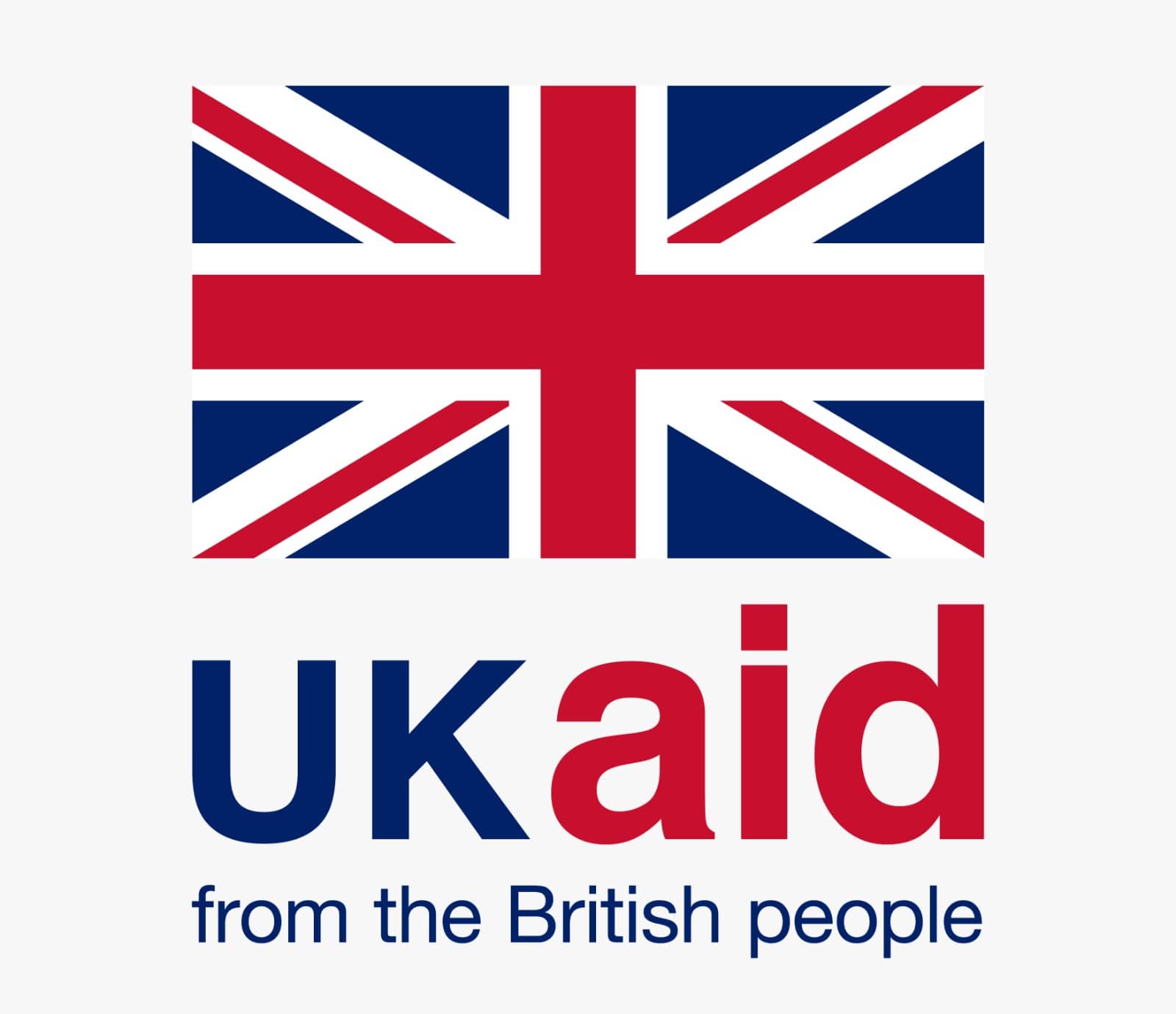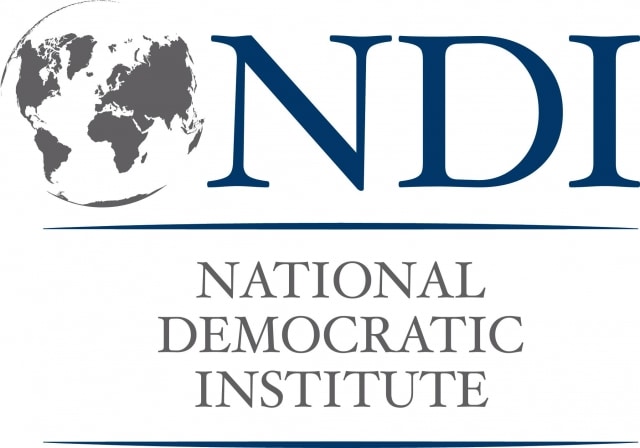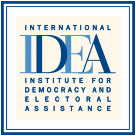Libya’s Unity Government: Don’t go back going forward

UN sponsored talks over the past six months have urgently searched for agreement among Libya’s warring factions on a unity government. While no agreement has been found, the determination of Bernardino Leon has shown progress. Once found the agreement for a unity government will only be the beginning of a monumentally difficult phase for Libya.
There are enough lessons learned from the past four years, and mistakes that cannot be repeated during this phase. Take for example how cabinets of government are comprised; mixed interests negotiated by fragmented parliaments with no loyalty to a prime minister or government policy agenda. A unity government cannot afford to be distracted by internal chaos and infighting that it is incapable of responding effectively to public demands. Recent history has shown that this only leads to interest groups using radical and often armed means to gain concessions.
Libya will also need to change how individuals and groups talk and negotiate with one another. Greater tolerance and the necessity of compromise need to be employed in respectful dialogue. Libyans as a whole need to reward positive behaviours and uniformly denounce violence and destructive conduct.
The international community must change its overall approach and abandon the timid way that it has engaged Libya. More aggressive offers of technical human capacity support are required. While not lacking in talent, Libyans have next to no experience working in responsive, accountable, or effective state institutions and the international community can be more constructive in providing tangible assistance.
What Next
A unity government cannot follow the previous model of fiefdoms without accountability to a Prime Minister or the public at large.
The urgency for a unity government is being pressed at the highest levels, diverse and opaque as they may be, and the UN initiated dialogues seem promising. But what will a unity government look like, and how will they manage the difficult road ahead? Little public discussion has focused on what next, though there are close door discussions among a number of international actors committing to a range of supportive measures, including financial aid.
What is clear is that the model of government post 2011 is not one a unity government should follow. Negotiations and concessions put ministers in power who were not beholden to the Prime Minister or the notion of an institution of governance, rather they were loyal to their region, tribe, political party, or armed grouping. As a consequence the Prime Minister was unable to rally his ministers around anything or to present coherent policy. This led to inertia as the cabinet wrestled with decision-making and internal fighting, showing the public that it was ineffective. Since the government was paralyzed, specific interests took things in their own hands often with threats of violence and were frequently rewarded concessions by ministries.
A unity government must be truly united. It needs to be transparent in how and why decisions are made. Grievances must have due process and not voiced through threats and violent confrontation. It will be difficult for ministers from different regions, tribes, and political affiliations to be united and committed to the success of a unity government purpose, but they have little choice otherwise. Their secondary interests cannot impede the difficult work ahead.
The unity government will need to be resolute, but compassionate and accountable with various public demands.
A Libyan unity government must build an institutional culture of clear processes designed to be publically responsive. To do this it will need to be coherent in its governance, accountable, and transparent. Clear mechanisms must be widely available to the public and groups for their concerns to be addressed, and these must be effectively communicated and accepted as the ways in which people engage with government.
More importantly the government will have to clearly communicate a unified message and hold fast. They will be inundated with demands needing to be listened to and understood. But each demand must credibly be placed within a broader Libyan context. For example, there will likely be demands for increased salaries, but given the financial footing of Libya over the next couple of years, the government will not be able to give in – if anything, there likely needs to be drastic spending reduction in public sector payments. Therefore a unity cabinet needs to clearly communicate the need for a balanced and responsible approach to spending; a monumental challenge for even the most experienced institutional actors.
Disparate groups have to accept that genuine tolerance, compromise and dialogue is required in a post revolutionary Libya.
Accepting that Libya no longer has fiscal maneuverability it once had will be difficult. Breaking the tradition of getting concessions through use of force will be equally difficult to curb. Broadly Libyans will have to become more open and tolerant to compromise and dialogue as ways in which they advance particular issues. Building public trust in nascent institutions will be difficult, but can be aided by commitment to greater government transparency and accountability. Libyans also have to appreciate that democratic life requires compromise, and the success of one does not mean the failure of another, or benefit granted to one does not mean benefit denied another. Civil society and opinion makers must on the one hand present the social and political benefits of compromise, reinforcing instances of selflessness, and on the other hand they must be quick to address instances where perceived losers behave poorly.
Post 2011 there was disunity in Libyan governments because they comprised people with no loyalty to a single idea or common mission. The NTC was however marginally more effective because they had an agreed to road map, albeit with oppressive time lines. While the road map existed when the GNC was first seated, the internal contradictions of the elected house (80 party seats with 120 individual seats) and government created apoplexy and nascent institutions rapidly lost public confidence.
International community will need to be less passive in offering assistance.
Libyans are capable of coming together and agreeing on a unity government – they need to do it with sincerity and be willing to detail a common path forward. Compromise and steely commitment will be needed for the difficult work of shepherding Libya back to health. The unity government will need to be resolute, compassionate, and accountable in their work. And the international community’s contribution will be critical, but they too will need to change their approach to providing support.
During and immediately after the revolution, the international community largely adopted a passive approach to assisting the building of Libya’s institutions. Relying on the inexperienced to describe what they need may pass politically correct notions of sovereignty and empowerment, but in practice creates more lessons learned than can be imbibed during a fragile state building period. Without social and political stability Libya cannot afford to learn from their mistakes at this point, they need serious technical and professional support.
More assertive international support needs to focus on steering Libyan institutions – as Libyans want – but with hands-on experience of professionals the international community can provide. The past model of offering advice when asked hasn’t worked. This doesn’t mean that support need offend sovereignty or be disempowering; but it does mean recognizing that talent needs to be supplemented by experience. Libyans are capable and intelligent, but lack experience building state institutions let alone operating them to optimal effect. The international community has this experience and, while they shouldn’t determine direction or policy, they do have a moral obligation to step in and prevent inexperience from steering the process off course.
Going forward, Libya and its genuine friends cannot make the same mistakes. The hard work will begin once there is a unity government, but it cant be a unity government in name only. It has to be truly unified in order for it to build public confidence, develop the mechanisms to moderate public demand, and to make the difficult decisions of governing Libya back from the severe illness it has suffered these past 18months or so. The international community’s support has to respect the self-determination of the Libyan people but also aggressively support competent institution building.
Writing by:
Carlo Binda, Managing Director, Binda Consulting International Ltd.
Frank Talbot, Principal, Talbot Advisory International, LLC



















